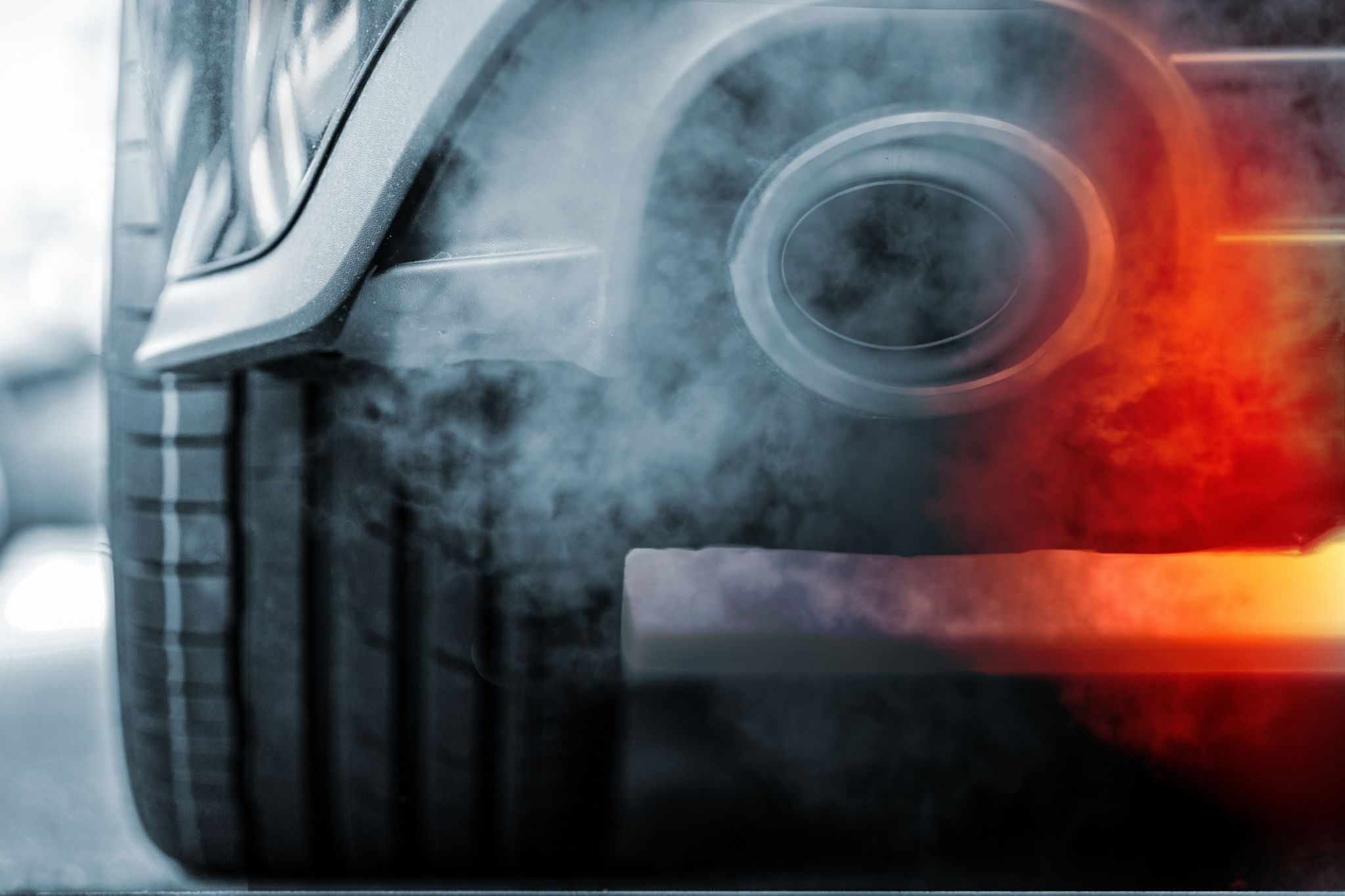Understanding Exhaust Systems: How They Affect Your Vehicle's Performance
JG
Understanding Exhaust Systems
An exhaust system is a crucial component of your vehicle, playing a significant role in its overall performance. It is responsible for directing harmful gases away from the engine and passenger cabin, ensuring a smoother and safer driving experience. However, its impact goes beyond just safety and emissions control; it also affects your vehicle's power and efficiency.

Components of an Exhaust System
The exhaust system comprises several parts, each contributing to the vehicle's performance. These components include:
- Exhaust Manifold: Collects exhaust gases from the engine cylinders.
- Catalytic Converter: Converts harmful pollutants into less harmful emissions.
- Muffler: Reduces noise produced by the exhaust gases.
- Tailpipe: Channels exhaust gases out of the vehicle.
Each part must function correctly to ensure optimal performance and efficiency.
Effects on Vehicle Performance
The exhaust system directly influences the engine's power output. A well-designed system can enhance your vehicle's horsepower by minimizing back pressure, allowing for a more efficient flow of exhaust gases. This improved flow can lead to a noticeable increase in acceleration and overall performance.

Fuel Efficiency and Emissions
Besides affecting power, the exhaust system plays a vital role in fuel efficiency. By optimizing the flow of exhaust gases, the engine can perform more efficiently, potentially reducing fuel consumption. Additionally, the catalytic converter helps decrease harmful emissions, contributing to environmental protection and compliance with emission regulations.
Signs of Exhaust System Issues
It's essential to be aware of signs indicating potential issues with the exhaust system. Common symptoms include:
- Loud noises coming from the muffler or tailpipe.
- Decreased fuel efficiency.
- Unusual vibrations under the vehicle.
- The presence of a strong exhaust odor inside the cabin.
If you notice any of these signs, it's crucial to have your vehicle inspected by a professional mechanic promptly to prevent further damage.

Maintenance Tips for Longevity
To keep your exhaust system in top condition, regular maintenance is key. Here are a few tips:
- Schedule routine inspections to catch potential issues early.
- Ensure timely replacement of faulty components like the catalytic converter or muffler.
- Avoid driving through deep water, as it can damage the exhaust system.
By following these tips, you can extend the life of your exhaust system and maintain your vehicle's performance and efficiency.
The Role of Aftermarket Exhaust Systems
Many car enthusiasts opt for aftermarket exhaust systems to enhance their vehicle's sound and performance. These systems can offer improved flow dynamics and reduced weight compared to stock systems. However, it's crucial to ensure that any modifications comply with local emissions laws and do not negatively impact your vehicle's performance or warranty.
In conclusion, understanding how your vehicle's exhaust system works and its impact on performance is essential for any car owner. By maintaining a healthy exhaust system, you can enjoy a smoother ride, better fuel efficiency, and contribute to a cleaner environment.
